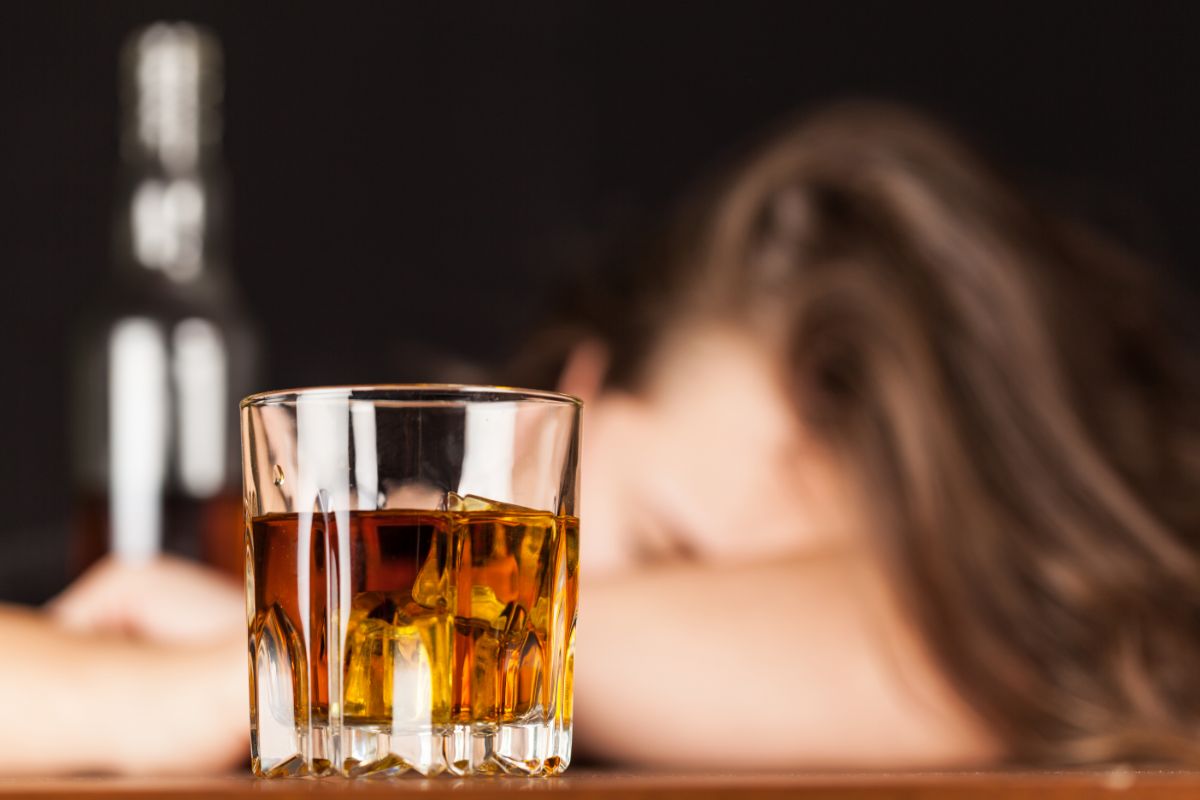
Why Is Alcohol Called a Depressant?
Ever wondered, “why is alcohol called a depressant?” It’s a great question. While many associate alcohol with fun, parties, or relaxation, its true impact in the body is to slow things—your brain, your nerves, your reactions. In medical terms, alcohol suppresses the central nervous system, which is why even a few drinks can dull your senses and impair your ability to think clearly.
If your relationship with alcohol feels more than occasional fun and is affecting your life, Lake Ave Recovery is here to help you find support and realigning pathways to healing. Contact us today to begin alcohol addiction treatment.
Understanding the Term “Depressant”
In pharmacology, a depressant isn’t someone who’s sad—it refers to substances that decrease activity in the brain and central nervous system. This slow-down can produce effects like drowsiness, slowed reaction time, and impaired judgment.
Alcohol affects the balance between two neurotransmitters in our brain:
- GABA (gamma-aminobutyric acid): An inhibitory neurotransmitter that calms brain activity. Alcohol enhances GABA action, creating a sedative and relaxing effect.
- Glutamate: An excitatory neurotransmitter that stimulates brain activity. Alcohol inhibits glutamate, further contributing to drowsiness and slowed cognition.
The Immediate Cognitive and Physical Effects of Alcohol
Here’s what typically happens after drinking:
- Mild Relaxation & Lowered Inhibitions: You might feel more sociable or less anxious—often why people say alcohol helps them “unwind.”
- Impaired Coordination & Judgment: Slurred speech, slower reactions, and poorer decision-making happen because the brain’s communication pathways are slowed.
- Memory Impairment & Blackouts: High levels of alcohol interfere with memory formation. This is why some people experience gaps or “blackouts” during heavy drinking.
- Slowed Vital Functions in High Doses: At dangerously high levels, alcohol depresses heart rate and breathing—this is when alcohol poisoning becomes life-threatening.
Why the Label “Depressant” Matters
Understanding alcohol as a depressant helps explain many of its effects and risks:
- Risk of Accidents and Injury: With coordination and judgment impaired, actions like driving become dangerous.
- False Therapeutic Use: People often use alcohol to self-medicate anxiety or insomnia—temporary relief that ultimately deepens the underlying problem.
- Tolerance and Dependence: Your body may adapt to functioning with alcohol, raising the risk of physical dependence and withdrawal symptoms.
- Depression and Low Mood: Long-term alcohol use suppresses mood-regulating systems, increasing risk of depression—even though alcohol might initially feel mood-lifting.
The Cycle of Alcohol Use and Mood
Often, someone might begin drinking to manage stress or low mood, drawn by its immediate soothing effect.
But as alcohol acts as a depressant, each drink contributes to deeper emotional lows—prompting a precarious cycle:
Stress → drink → temporary relief → deeper depression or anxiety → drink more again.
This cycle can escalate quietly, especially if drinking becomes the default coping strategy.
If You’re Asking “Why Is Alcohol Called a Depressant?” Think About Recovery
Recognizing alcohol’s depressive nature is a powerful bit of insight. It can help shift your view from “this helps” to “this may be keeping me stuck.” If drinking seems to do more harm than good, or if you suspect it’s affecting your mood, health, or relationships, reaching out for support can be the beginning of real recovery.
Lake Ave Recovery is here to help you explore healthier coping tools and rebuild emotional regulation with kindness and expertise.
Natural Alternatives That Support Mood & Calm
Since alcohol slows things down temporarily, you might seek healthier ways to ease into relaxation:
- Mindful Breathing: Even five minutes of deep breathing can enhance GABA’s calming effect naturally.
- Gentle Movement: Yoga, walking, or stretching stimulate mood-boosting brain activity without sedation.
- Warm Baths or Herbal Teas: Physical comfort does wonders—try chamomile or valerian for mild relaxation.
- Creative Expression: Writing, drawing, or playing music helps clarify emotions without medicating them away.
These habits habitually reset your system—not numb it.
Why a Depressant Isn’t the Answer—Recovery Is
- Mood Support Without Sedation: Therapies like cognitive-behavioral therapy help you address root triggers, reducing reliance on numbing agents.
- Self-Compassion Over Habit: Many people use alcohol to stop feeling, rather than work through feeling. Recovery invites you to stay present—with care, not avoidance.
- Skill-Building for Early Warning Signs: With help, you learn to notice when stress or low moods are building—and respond with healthy tools before alcohol enters the picture.
It’s Time to Experience Healing from the Ground Up
So, why is alcohol called a depressant? Because it fundamentally slows you down. While it may offer a quick sedative effect, this comes at the cost of mood, memory, and motivation over time. Understanding this opens the door to more empowering choices.
If you’re wondering how to shift from numbing to nurturing, reaching out to Lake Ave Recovery can be your first step toward reclaiming emotional clarity and balance. You deserve support, not sedation. Let us help you find a gentler, healthier pathway forward.
